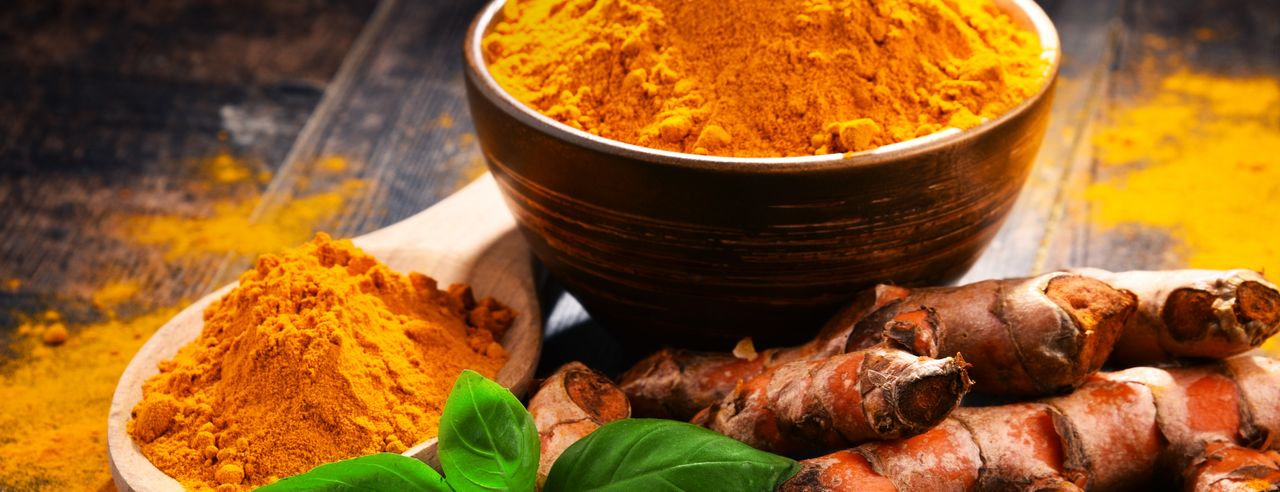
Study on the anti-inflammatory effect of curcumin
Jessica Hoppstädter et al.
October 2016
Ayurveda
The 2016 study investigates the role of GILZ (glucocorticoid-induced leucine zipper) in attenuating inflammation and its potential as a therapeutic target. It examines the induction of GILZ by curcumin, a natural product known for its anti-inflammatory properties.
The study found that curcumin increases GILZ levels in macrophages by promoting translation and does not affect glucocorticoid receptor activation or mRNA stabilization. This effect is mediated by the mRNA-binding protein HuR, which binds to GILZ mRNA and promotes its translation.
Furthermore, experiments with mouse macrophages show that the anti-inflammatory effect of curcumin is accompanied by the induction of GILZ, leading to the inhibition of inflammatory regulators such as NF-κB and ERK and the subsequent reduction of TNF-α production.
Overall, the results suggest that the anti-inflammatory effect of curcumin is mediated, at least in part, by HuR-dependent GILZ induction.
The most important information on the study at a glance
- Indications
- Inflammations
- Institution
- Department of Pharmacy, Pharmaceutical Biology, Saarland University, 66041 Saarbrücken, Germany
- Title
- Study on the anti-inflammatory effect of curcumin
- Brief description
- The study shows that curcumin dampens inflammatory processes by increasing GILZ in macrophages & lowering the production of NF-κB and TNF-α.
- Original title
- Induction of Glucocorticoid-induced Leucine Zipper (GILZ) Contributes to Anti-inflammatory Effects of the Natural Product Curcumin in Macrophages
- Link to the study
- https://pubmed.ncbi.nlm.nih.gov/27629417/
Suitable trips for this study topic
You might also be interested in
Ayurveda medicine / treatment
Diabetes
BP Gupta et al.
April 2018
Study shows that the Ayurvedic antidiabetic BGR-34 could offer an effective alternative for the treatment of type 2 diabetes.
Ayurveda medicine / treatment
Rheumatism / Joints / Arthritis / Arthrosis
C S Kessler et al.
May 2018
A study shows that Ayurveda is a useful additional treatment method to conventional medicine for knee osteoarthritis.
Ayurveda medicine / treatment
Rheumatism / Joints / Arthritis / Arthrosis
Arvind Chopra et al.
October 2010
The study shows that a special Ayurvedic herbal mixture can relieve the pain of knee osteoarthritis.